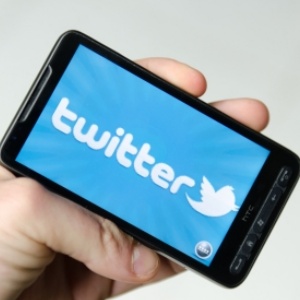
Twitter is a popular source for receiving and sharing new information about vaccines, and also a basically reliable one, according to a study published in the American Journal of Infection Control, the official publication of the Association for Professionals in Infection Control and Epidemiology (APIC).
Researchers from the University of Texas at Austin analyzed
9 510 vaccination-related tweets from one week in January, 2012 to determine
the most popular and influential messages. A final sample of 2 580 tweets that
had received engagement through re-posting and sharing was then coded for
frequency of sharing, tone toward vaccinations, links to sources (e.g., news
outlets, advocacy groups, or healthcare providers), and whether the claims
being made in each tweet were scientifically substantiated.
Two-thirds of tweets
have scientific research
Overall, 33% of the 2 580 tweets carried a positive tone
about vaccines, 54% were neutral, and 13% were negative. Of the 14% of tweets
that contained medical information, more than two-thirds offered content
substantiated by scientific research.
The most popular messages concerned a potential children's
malaria vaccine, development of the NeuVax E-75 vaccine for breast cancer, the
effectiveness of a herpes vaccine in women, the Centers for Disease Control and
Prevention's recommendation of a human papilloma virus vaccination for boys,
potential approval for a lung cancer vaccine, and a blog post discrediting
vaccine-autism connections.
Frequent information sources shared through tweets included
health-specific sites such as WebMD (16% of 341 links), national media such as
The New York Times (13%), medical organizations such as the American Medical
Association (12%), and digital news aggregators including the Huffington Post
(10%). The specific outlets mentioned are representative examples, though did
dominate their categories.
"News and health organisations received mostly positive
attention in comparison with political or advocacy groups, indicating users are
favourably viewing established sources in their health-information
seeking," state the authors.
"In this sample, it appears that Twitter users share mostly reputable information and sources while actively mobilising others to seek reliable health information. Results of the snapshot can help explain what social media content patients consume and respond to, as well as help determine directions for educational campaigns."




 Publications
Publications
 Partners
Partners













